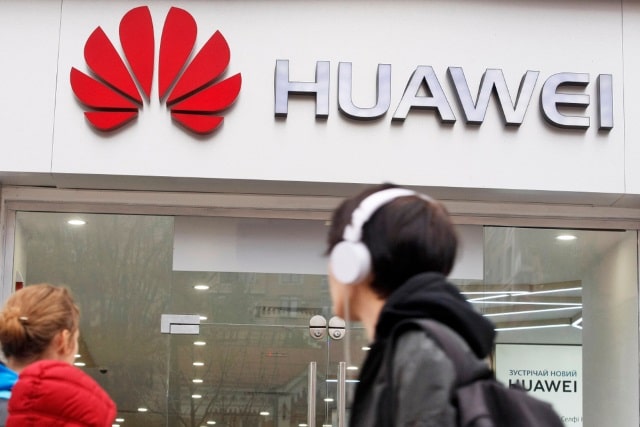Trump invokes National Emergencies Act effectively banning Huawei from US

Donald Trump has declared a national emergency to fight "foreign adversaries" which he says are "increasingly creating and exploiting vulnerabilities in information and communications technology".
An executive order means that US companies are banned from buying and using foreign telecoms equipment which is deemed to be a threat to national security. Huawei and 70 affiliates have also been added to the US Commerce Department’s "Entity List" meaning that special approval would be needed to purchase such equipment, and also for companies deemed to pose a threat to buy US-made hardware.
The move comes at a time when tensions run high between the US and China as the two nations are embroiled in a trade war. While Trump’s executive order does not explicitly name Huawei, it is clear who the target of his actions are. The order says: “I, DONALD J. TRUMP, President of the United States of America, find that foreign adversaries are increasingly creating and exploiting vulnerabilities in information and communications technology and services, which store and communicate vast amounts of sensitive information, facilitate the digital economy, and support critical infrastructure and vital emergency services, in order to commit malicious cyber-enabled actions, including economic and industrial espionage against the United States and its people".
It goes on to say:
I further find that the unrestricted acquisition or use in the United States of information and communications technology or services designed, developed, manufactured, or supplied by persons owned by, controlled by, or subject to the jurisdiction or direction of foreign adversaries augments the ability of foreign adversaries to create and exploit vulnerabilities in information and communications technology or services, with potentially catastrophic effects, and thereby constitutes an unusual and extraordinary threat to the national security, foreign policy, and economy of the United States.
This threat exists both in the case of individual acquisitions or uses of such technology or services, and when acquisitions or uses of such technologies are considered as a class. Although maintaining an open investment climate in information and communications technology, and in the United States economy more generally, is important for the overall growth and prosperity of the United States, such openness must be balanced by the need to protect our country against critical national security threats. To deal with this threat, additional steps are required to protect the security, integrity, and reliability of information and communications technology and services provided and used in the United States. In light of these findings, I hereby declare a national emergency with respect to this threat.
Huawei has denied time and time again that it is linked to the Chinese government, and says that it does not pose any sort of security threat. The restrictions on the company are due to come into force in the coming days.
Image credit: viewimage / Shutterstock
